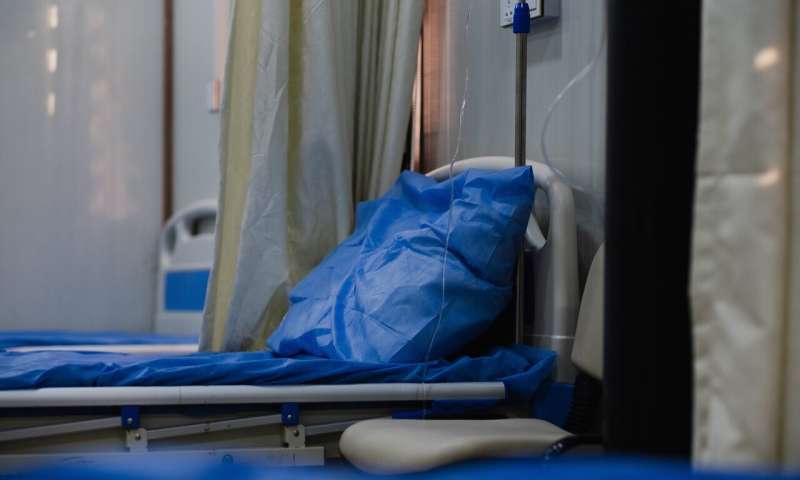
Behind every new cancer treatment and scientific breakthrough is a research team. However, because they spend most of their time in their labs, basic science researchers rarely get to meet the patients who benefit most from their work. A group at Moffitt Cancer Center decided to change that, and with the creation of the Patient Researcher Forum, the cancer center has found a way for researchers and patients to engage with each other.
A new article published in the current issue of Translational Research allows patients and their caregivers to tour labs where research is being conducted for their cancer type. They get to meet the scientists in the lab and learn about the advances and challenges in that area of research. Next, a group of researchers who have been briefed by a physician on current treatment strategies and outcomes of that specific cancer type sits down with the patient and caregiver for a roundtable discussion. This gives the patient an opportunity to talk about their cancer journey and invite researchers to ask questions.
“The Patient Researcher Forum is an example of interdisciplinary collaboration between wet and dry labs, clinicians, administrators and team members from all over our center who have come together to showcase to patients and their loved ones that they have armies of compassionate people on the research side of the institution who dedicate their lives to improving patient outcomes and quality of life,” said Eric Lau, Ph.D., co-creator of the Patient Researcher Forum program and assistant member of the Tumor Biology Department and Molecular Medicine Program at Moffitt. “In exchange, we have the privilege of learning about the emotional and trying journeys that our patients have been undertaking since their diagnosis.”
“The goal is to learn from one another,” said Anne Bidelman, co-creator of the Patient Researcher Forum program and manager of the Patient and Family Advisory Program at Moffitt. “Basic scientists who rarely interact with patients are being given an eye-opening and often emotional experience that can inspire and reenergize their work. And patients gain a better understanding of what is being done to help them fight their cancer.”
Following each Patient Researcher Forum, patients, caregivers and researchers are asked to complete a short survey about their experience. An analysis of the survey responses from 14 forums showed that this kind of experience significantly and positively impacted perspectives of researchers, patients and their caregivers. Patients noted they had a more positive outlook on the future of cancer research and gained insight on its importance. Researchers commented that the forums reinforced their decision to work in cancer research, provided a glimpse into the patient experience and helped them learn to better target their research to address patients’ most relevant clinical needs.
“We found these forums not only helped break down barriers between patients and researchers, but we also discovered researchers from different programs and areas were meeting for the first time and learning from one another,” said Dana Ketcher, Ph.D., applied postdoctoral fellow at Moffitt in the Health Outcomes and Behavior Department.
Moffitt is working to expand its Patient Researcher Forum program, but the organizers say they want to maintain the small, intimate nature of the meetings, as that is what has helped foster an open dialogue among participants. But they also hope other cancer centers will take this idea and create similar programs.
“The Patient Researcher Forum represents an important tool and educational model that we hope other cancer centers throughout the country will consider implementing to make sure the next generation of cancer trainees conduct research that is compassionate and patient-centered, regardless of the specific type of research they do,” said Lau.
H. Lee Moffitt Cancer Center & Research Institute

